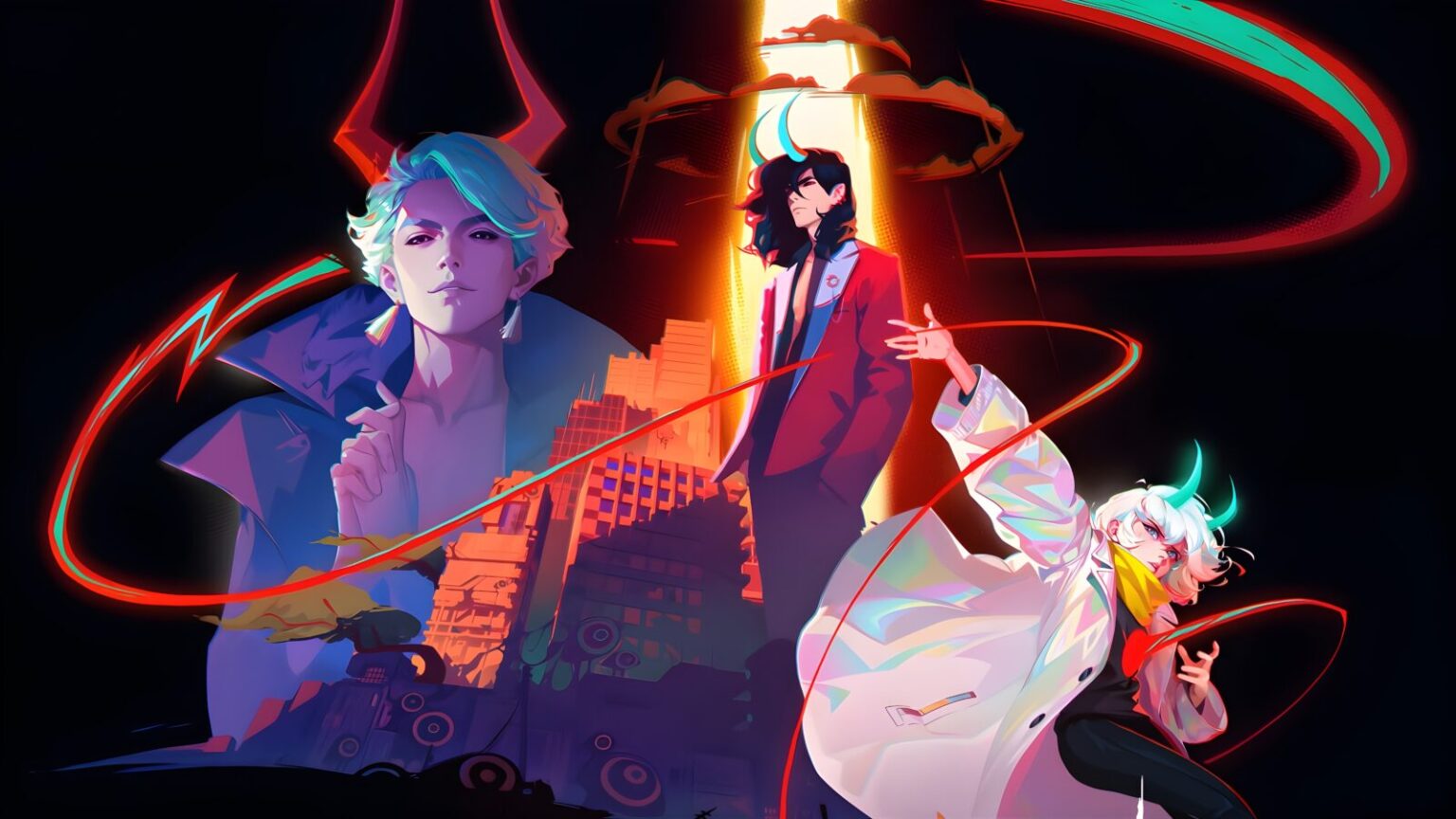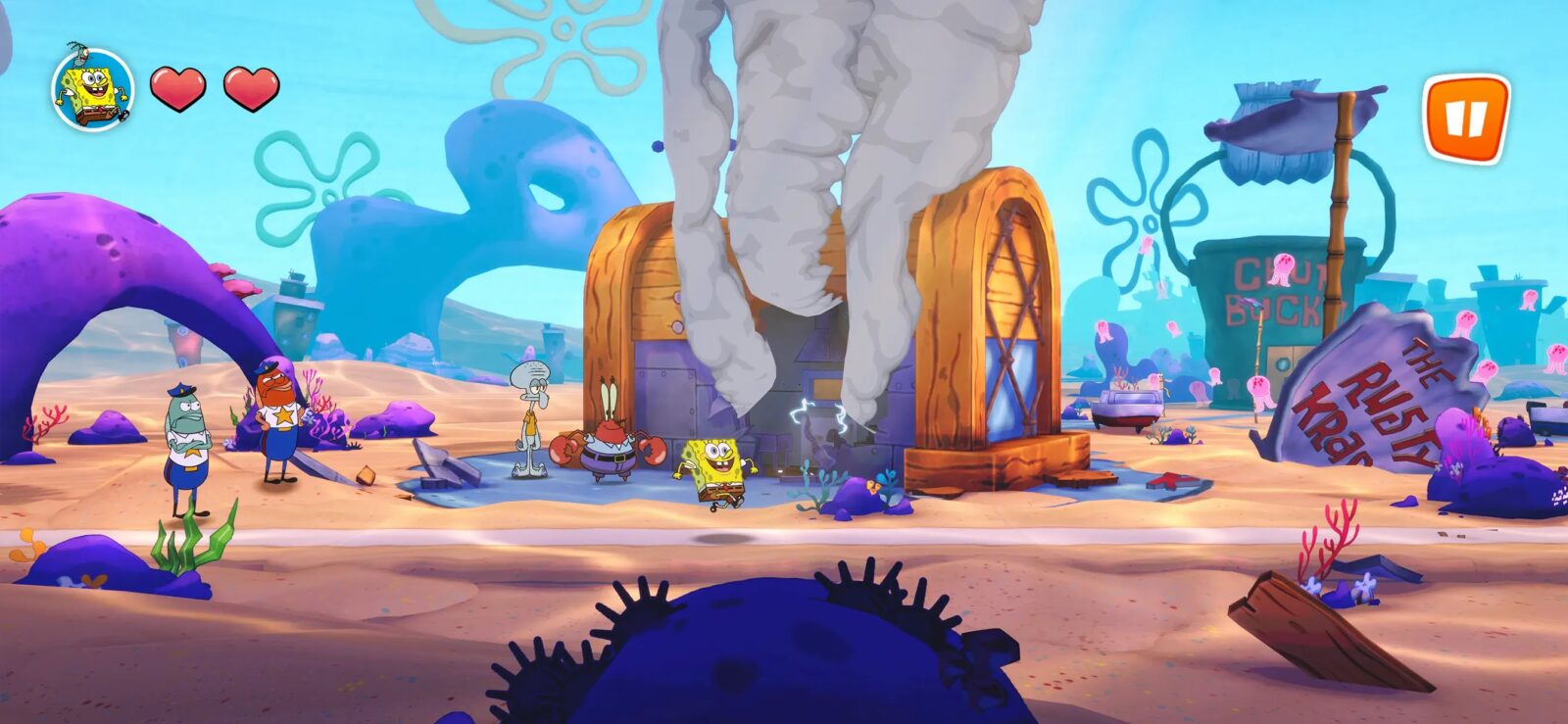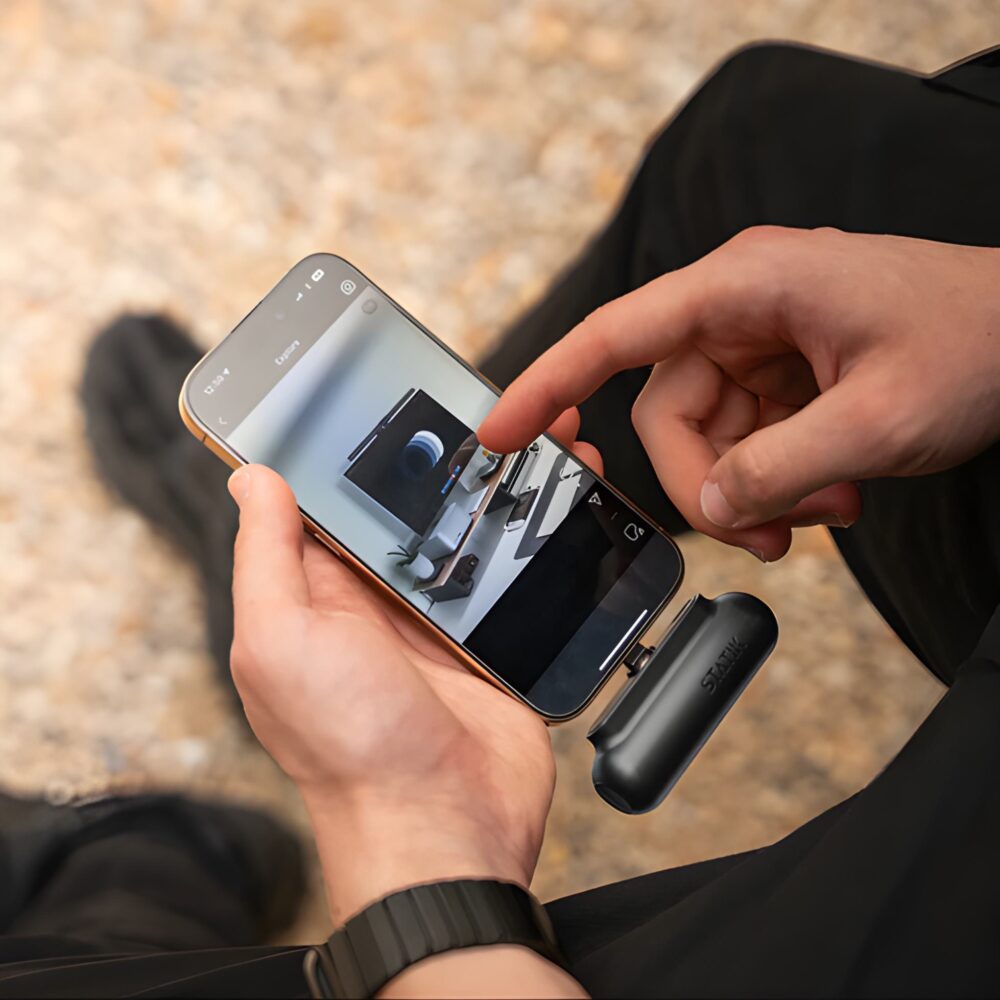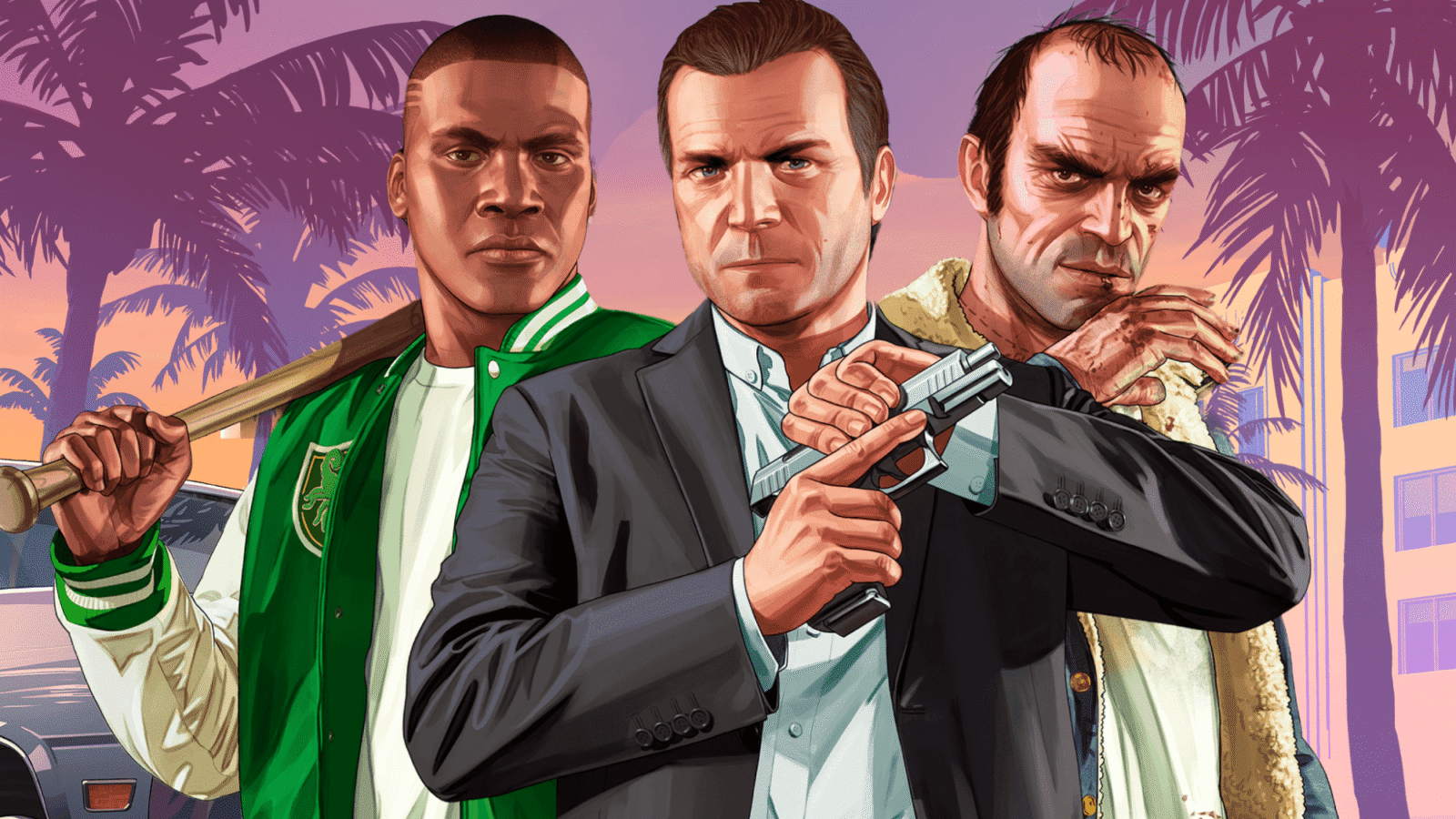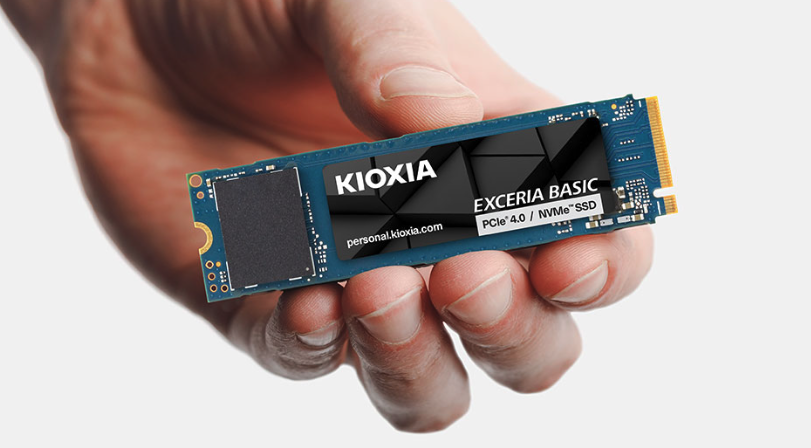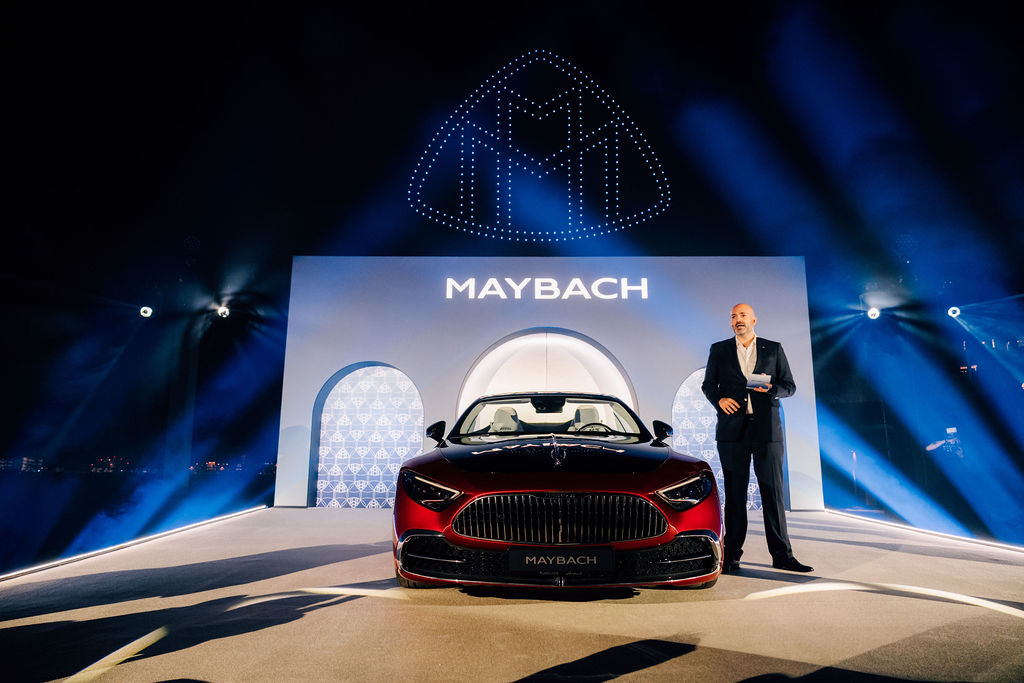TL;DR: Possessor(s) Review – A buggy, frustrating Metroidvania with a brilliant story trapped inside a broken game. Despite its emotional narrative and striking world-building, poor optimization, dreadful map design, and repetitive combat make it one of the year’s biggest disappointments.
Possessor(s)
You know that particular kind of heartbreak that only happens when a game almost gets it right? That uniquely gamer kind of grief — where you can see the brilliance shimmering faintly beneath the bugs, the frame dips, the bad map design, and the rage-quits? That’s Possessor(s) in a nutshell. I didn’t just play it; I endured it, like a cursed mixtape from an old friend who still hasn’t learned to hit record before playing.
When I first booted up Heart Machine’s latest, I felt this electric pulse of anticipation. The devs behind Hyper Light Drifter had built one of the most haunting, cryptic worlds I’d ever wandered through — all that neon melancholy, all that pixel precision. So when Devolver Digital dropped this, a grim, demon-infested Metroidvania with the aesthetic weight of a cyberpunk fever dream, I was already sold. I wanted to love it. I wanted to be possessed by it.
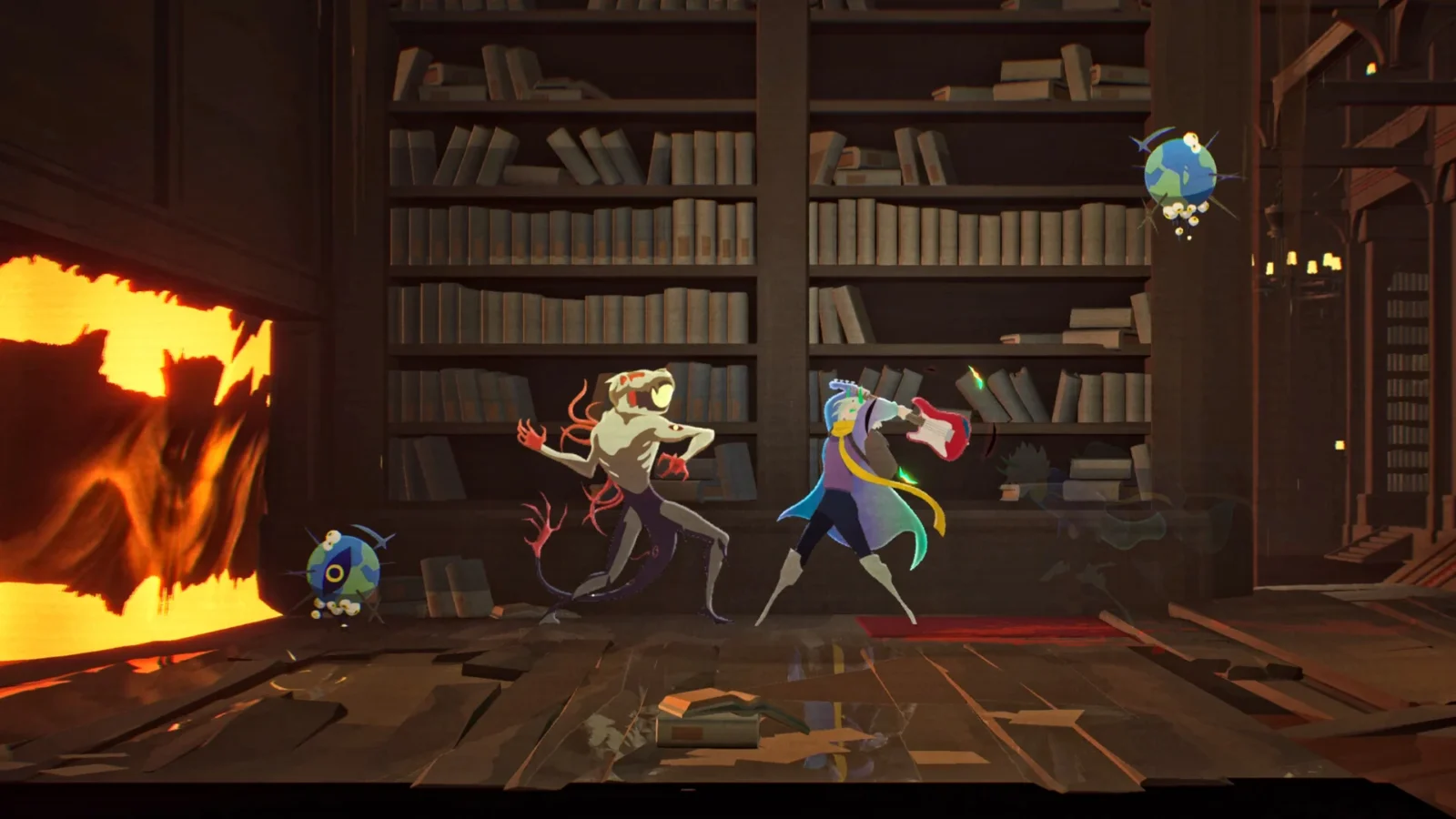
Instead, I found myself haunted by a different kind of spirit — that of unrealized potential.
The opening hour is intoxicating. A city drowning in demonic fog, architecture twisted like a migraine, colors bleeding into one another like corrupted VHS footage. There’s this sense of scope — of a world that existed long before I arrived, and would continue long after I left. Luca, the protagonist — a high-schooler who loses her legs in a demon invasion — is instantly sympathetic. There’s this fragile, tragic energy to her that makes the early cutscenes genuinely effective. When Rehm, the demon who saves her, fuses his consciousness with hers, it’s not just a story beat; it’s a metaphor for trauma and survival — the kind of existential body horror that Evangelion would write love poems about.
But then… the game starts.
And that’s when the spiral begins.
At first, I was trying to give it the benefit of the doubt. The combat felt awkward, but maybe it would click. The map looked barren, but maybe it would fill in later. The traversal was clunky, but maybe I hadn’t unlocked enough upgrades yet. The voice in my head — that hopeful little pixel optimist — kept whispering, “It’s Heart Machine. Trust the process.”
Except, the process never came.
You start to realize pretty early on that Possessor(s) isn’t just wearing the Metroidvania mask — it’s duct-taped it on and forgotten where the eyeholes go. The map is this minimalist, overly abstract sketch of corridors and stairwells, and yet somehow manages to communicate less information than a scribbled napkin. I’d zoom all the way in, thinking maybe I’d find the next path forward, only to realize the map doesn’t even account for half the verticality or secret nooks the level design loves to hide behind fake walls. It’s like if Castlevania: Symphony of the Night got hit with amnesia and forgot what rooms were.
I’d spend hours wandering broken skyscrapers, only to realize I’d been looping the same three rooms because the map refused to indicate which floors connected. And then, when I finally stumbled upon the right door, I’d get soft-locked because my character tried to crouch-slide under an opening that required a yet-unlocked move. She’d just get stuck there — frozen in some half-human, half-demon yoga pose — forcing me to reload my save like an exorcism ritual.
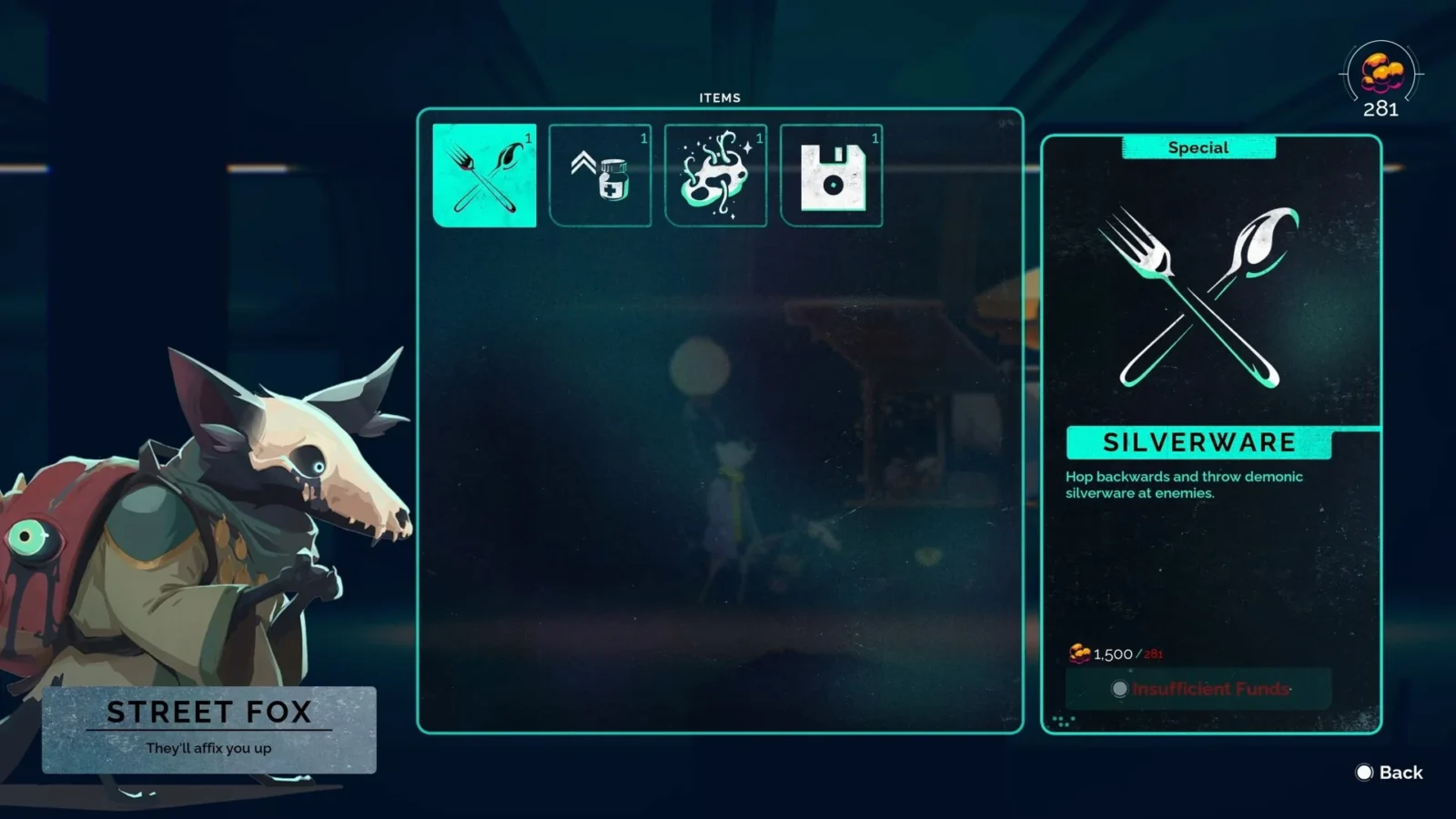
That happened three times. In the first five hours.
I started naming my crashes like pets. “Oh, look, Infinite Fall is back. Missed you, buddy.”
And yet, amid the chaos, there were flashes of genius.
The bond between Luca and Rehm is beautifully weird. Their psychic dialogue reads like the digital lovechild of Silent Hill 2 and Venom — all sharp banter and existential dread. Through fragmented memory scenes, you begin to piece together who they were before all this — Luca, the broken girl with survivor’s guilt, and Rehm, the demon who can’t quite remember what side he was fighting for. These glimpses into their shared consciousness are the game’s beating heart, and for a few fleeting moments, Possessor(s) feels like it’s saying something profound about grief and identity.
But those moments are buried beneath layers of jank.
Combat is… functional, in that you can technically hit things. There’s a satisfying rhythm when you use the grapple-hook to yank enemies Scorpion-style, pulling them into your attack combos like a demonic yo-yo. I loved that part — until the fifth hour, when I realized I was doing it constantly just to survive waves of respawning enemies that never stopped spawning. You can find cool weapons — a hockey stick, a mobile phone, even an electric guitar that hums with feedback as you smash a possessed traffic cone — but they all feel like reskins of the same move set.
By hour ten, I wasn’t fighting for survival; I was fighting for motivation.
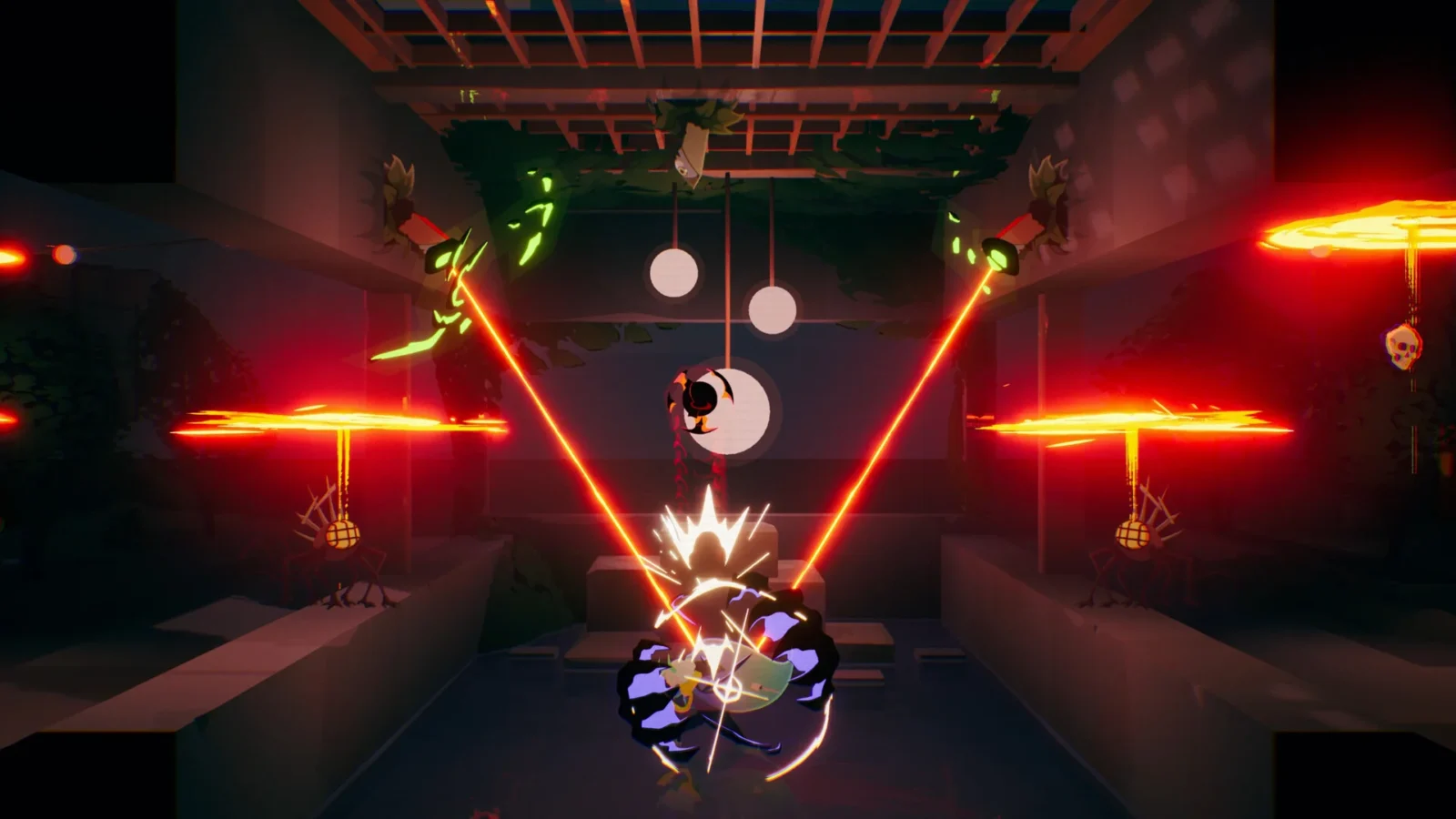
It’s almost tragic how well the world is built compared to how boring it feels to move through it. There are moments of quiet desolation, where you can just stand in front of a skyscraper overtaken by glowing fungal growth and feel something — that old Hyper Light Drifter melancholy. But then, the frame rate tanks to single digits, and you’re yanked back to reality like someone unplugged the dream machine.
There’s an especially cruel kind of irony in how a game about possession is itself possessed — by bugs, by loading errors, by the ghosts of better Metroidvanias whispering from the shadows: you could have been one of us.
Playing Possessor(s) on PS5 should’ve been smooth. Instead, it felt like I was beta testing a haunted prototype. The frame rate would divebomb mid-combat, audio loops would glitch out (one time a scream sample played for five solid minutes — I thought it was a narrative choice before realizing it was just broken), and checkpoint markers refused to update. The exclamation mark above Rehm’s head — meant to indicate new dialogue — just… stayed there. Forever. Like the world’s most annoying conscience.
And don’t even get me started on loading transitions. You’d walk through a door, the screen would flicker, and sometimes — only sometimes — the floor would load. The other times? You’d fall forever through the void, watching the level geometry spiral away into darkness until the PS5 gave up and kicked you back to the menu.
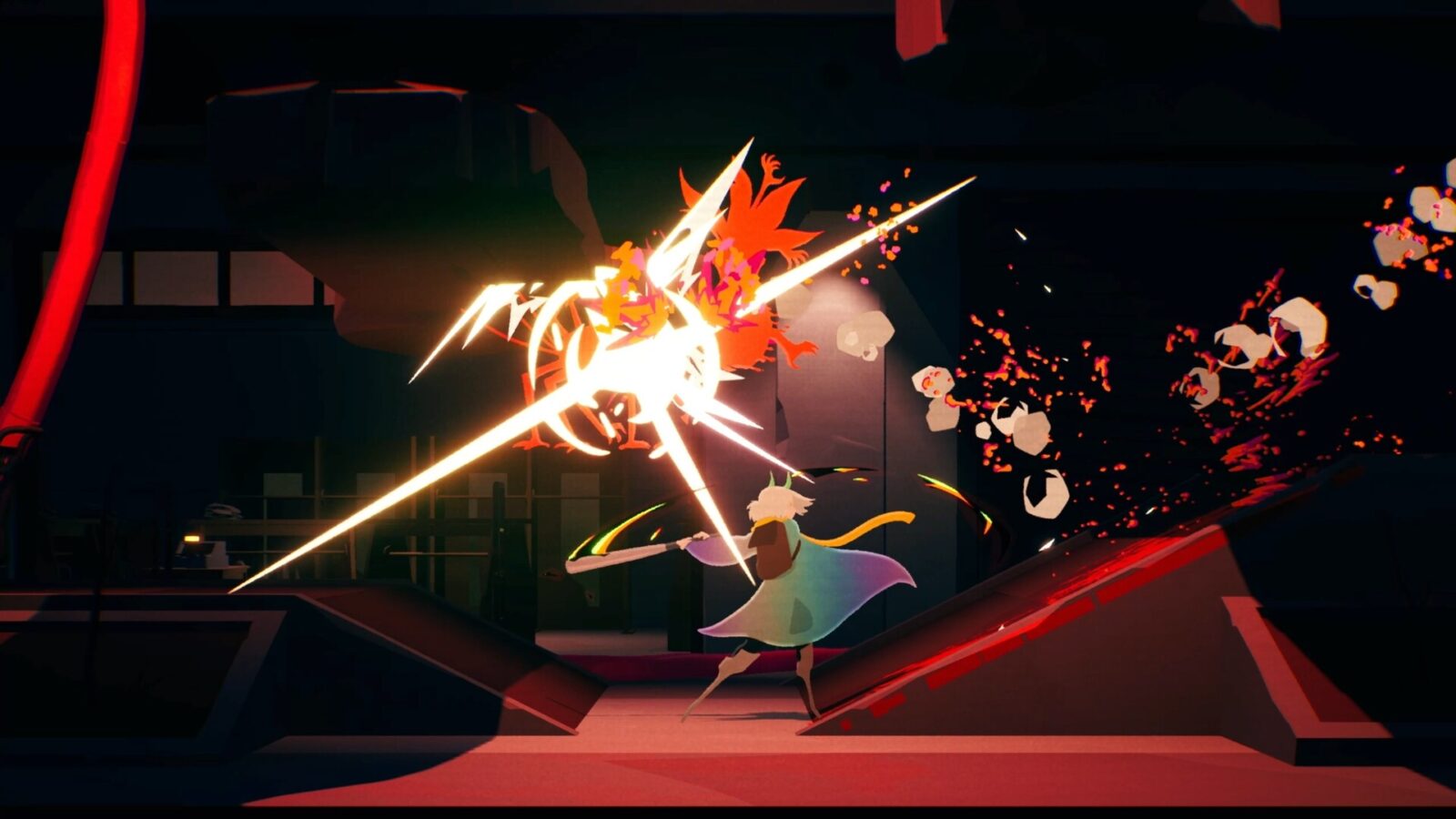
It’s not just buggy; it feels unfinished. Like the game escaped its QA lab one night and Heart Machine just decided to let it run wild.
And that hurts, because the story — the one thing that works — deserves better.
The city of Avenis (yeah, the name sounds like a JRPG villain, I know) is a beautifully grim dystopia. Its inhabitants have been warped into objects, possessed by demons that infest whatever’s nearby — humans, vending machines, parking meters, filing cabinets. It’s absurd and grotesque in equal measure, like Toy Story if it was directed by Junji Ito. The idea that anything can be possessed — that the boundary between living and inanimate is paper-thin — is genuinely haunting. There’s something cosmic in that metaphor.
But then the game takes that brilliant premise and stretches it thinner than a day-one patch note.
I hit the 15-hour mark before the story started to regain momentum. That’s fifteen hours of trudging through environments that blur together — office blocks, subways, industrial ruins — all painted in the same murky color palette of sadness. And just when I thought things were picking up, the game threw in another maze-like district with no clear progression point, forcing me to wander aimlessly while Rehm muttered recycled dialogue about “finding balance.”
I felt like I was stuck in a self-help seminar hosted by Satan.
And yet — damn it — I wanted to love this. Every now and then, Possessor(s) would show me something so weird and inspired that I’d forgive it all over again.
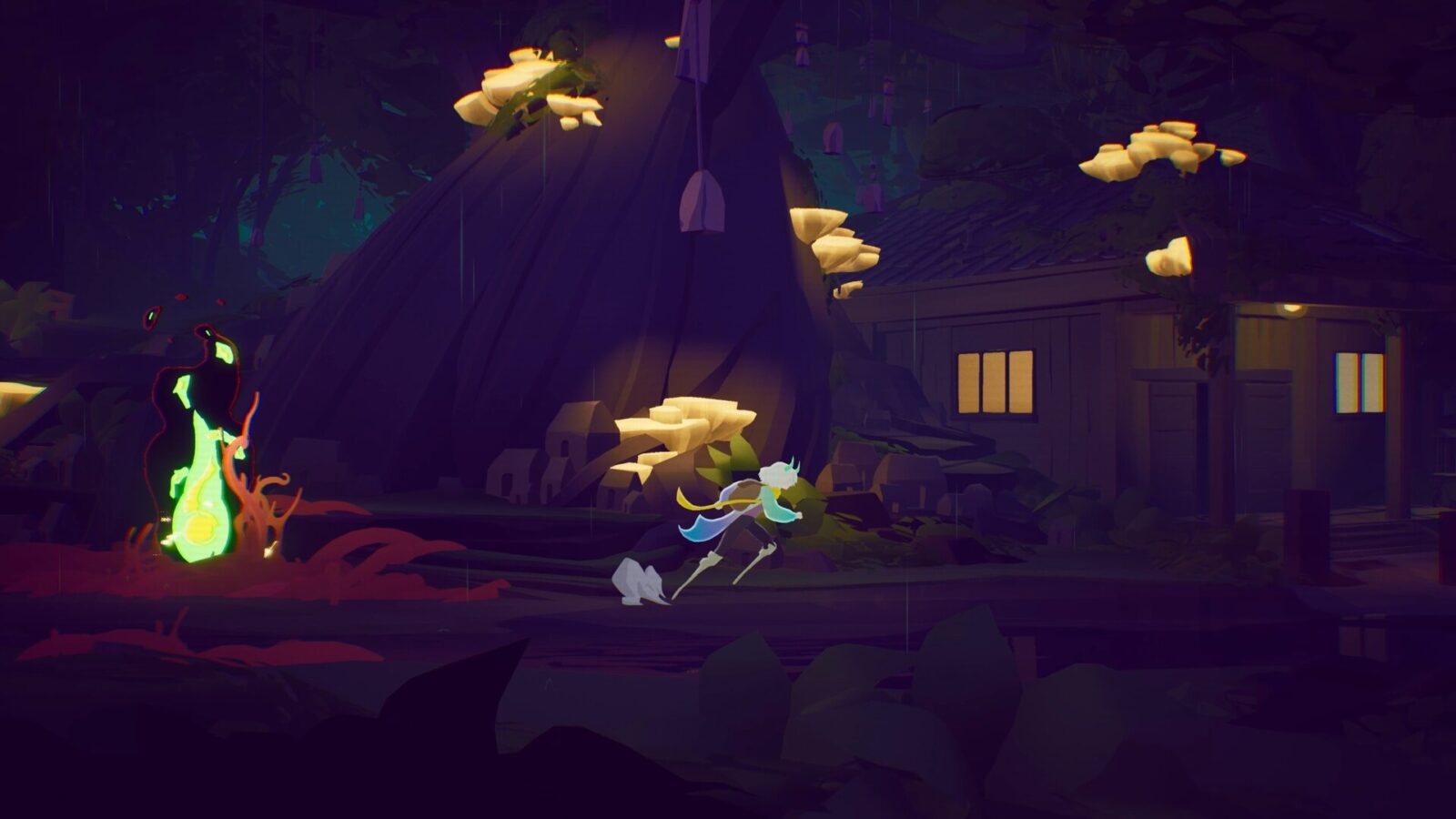
Like the boss fights. Those are the highlights, no question. Massive, grotesque demons that look like HR Giger’s nightmares rendered in 3D clay — one of them even mimics Luca’s own body movements in real-time, forcing you to literally fight your reflection. The music — a haunting synth dirge that sounds like Akira if it was scored by Perturbator — elevates those moments into something almost sacred.
And for a few glorious minutes, Possessor(s) becomes the game it was meant to be.
Then, inevitably, the cracks show again. You’ll die mid-boss due to a random frame drop, lose all your Chroma (the game’s soul currency), and have to trek halfway across the map to retrieve it — only to die again because the camera decided walls don’t matter anymore.
By the time I hit the final act — Luca and Rehm fully fused, memories spilling out like corrupted data streams — I was emotionally exhausted. The ending tries to land a gut punch: Luca sacrificing her autonomy to give Rehm passage back to his realm, merging into a singular being. It’s poetic, in theory. But after twenty-one hours of wrestling bugs and fighting invisible geometry, it felt more like a mercy killing.
When the credits rolled, I didn’t feel closure. I felt… drained.
Not because the story failed, but because the game did.
In another timeline, this could’ve been a masterpiece. You can see the DNA of greatness buried in the code — the visual flair of Hyper Light Drifter, the emotional resonance of Celeste, the existential dread of Inside. But all of that gets smothered under a layer of mechanical mediocrity.

It’s not fun. And that’s the ultimate sin for a Metroidvania.
A genre built on curiosity and reward, exploration and empowerment — reduced here to backtracking through broken hallways and praying your save file doesn’t corrupt.
There’s an easy mode, sure, but all it does is lower enemy health. It doesn’t fix the pacing, or the endless respawns, or the way combat feels like swatting flies with a brick. It’s like putting a Band-Aid on a cursed wound.
By the end, I wasn’t thinking about Luca or Rehm anymore. I was thinking about me — about how I’d spent nearly twenty-two hours chasing the ghost of a great game that never quite manifested.
Maybe that’s fitting. After all, Possessor(s) is all about spirits trapped between worlds.
I just didn’t expect to become one of them.
Verdict:
Possessor(s) is an idea worth loving trapped inside a game that’s impossible to enjoy. Beneath the bugs, the clunky traversal, and the migraine-inducing map lies a genuinely compelling story about identity and grief — but it’s buried so deep under technical misery that you’ll need the patience of a saint (or a demon) to find it. There are flashes of brilliance, moments of haunting beauty, and bosses that almost redeem the chaos — but in a sea of modern Metroidvanias, this one sinks fast.

